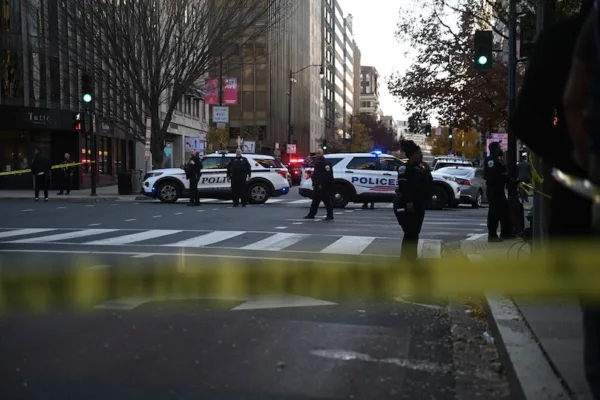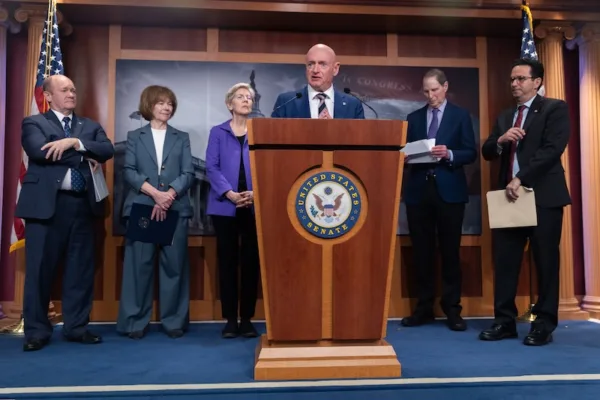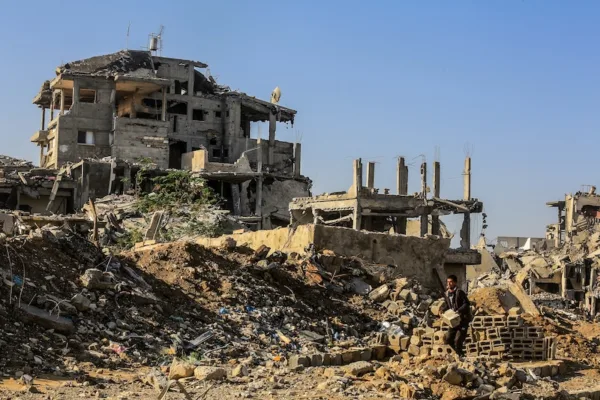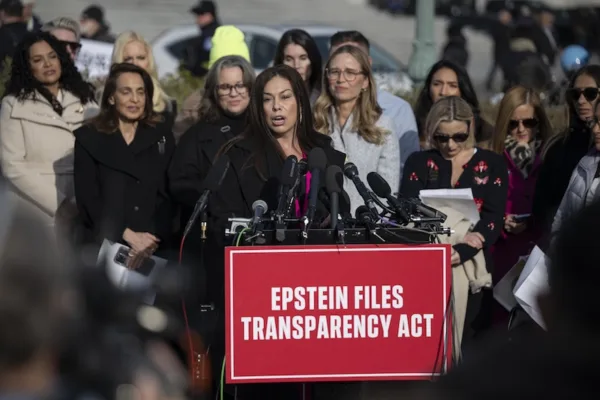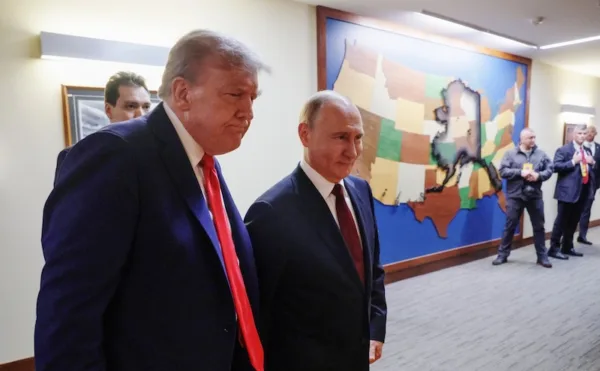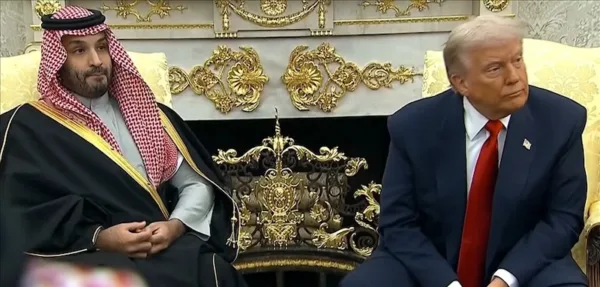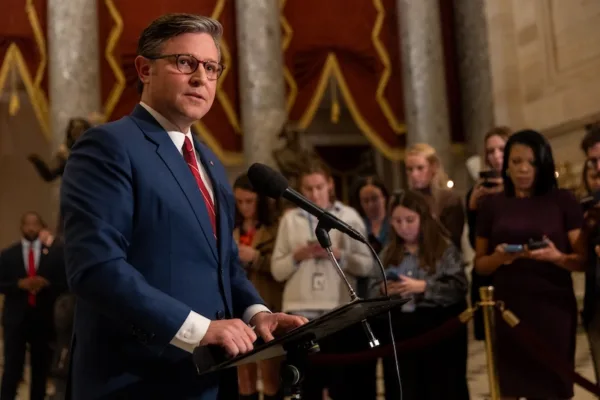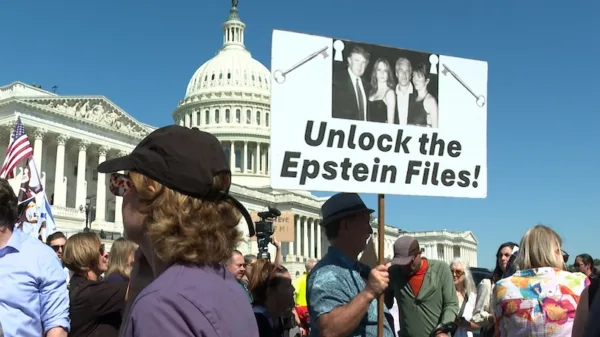The New Middle East: A Year after the First Flotilla
More than a year after the first flotilla, a second humanitarian aid flotilla is scheduled to set sail for Gaza on June 25, 2011. As civilian initiatives, flotillas had political and diplomatic repercussions for the regional dynamics. What kind of an impact did the first flotilla have on the region as a whole? Given the new regional dynamics after the Arab Spring, in what ways is the second flotilla different? Does the limited opening of the Rafah border by Egypt have a bearing on the rationale of the second flotilla? What are the implications for the Palestinian problem? Our panelists will seek answers these questions and discuss the New Middle East in the wake of the Arab Spring a year after the first flotilla.
Panelists:
Noura Erakat, Human Rights Attorney and Activist
Yigal Schleifer, Independent Journalist
Nuh Yilmaz, Director, The SETA Foundation
Moderator: Kilic Kanat, Syracuse University
As civilian initiatives, humanitarian flotillas destined for Gaza have proven to have significant political and diplomatic repercussions for regional dynamics. What kind of impact did the first flotilla, still a salient point of contention, have on the region as a whole? Given the emerging dynamics of the Arab Spring, in what ways will the forthcoming flotilla be different? More than a year after the first flotilla, and with a second flotilla scheduled, SETA’s panelists sought to answer these questions.
Noura Erakat, a human rights attorney and activist, began the discussion by providing a brief overview of the Israeli blockade of Gaza, and the legal implications surrounding it and the first flotilla incident. “Aside from being a devastating attack last May,” Erakat stated, “the flotilla did something quite phenomenal, in the sense that for the first time it raised the issue of the blockade of Gaza to a level of public discourse in places that it hadn’t been before.” Erakat explained that following Hamas’s 2007 assumption of power in Gaza, Israel immediately declared it hostile territory and initiated the blockade in the name of self-defense, while also maintaining that Gaza has not been an occupied territory since 2005. This, Erakat argued, is an attempt by Israel to circumvent international law regarding the treatment of occupied civilians, including the duty to maintain peace and order. Erakat asserted that Israel maintains “effective control” over Gaza, making it de facto occupied territory, and the crippling blockade on Gaza illegal. The flotilla was described by Erakat as an act of civil disobedience designed to highlight the illegal blockade of Gaza and the morally offensive plight of its people.
Yigal Schleifer, an independent journalist, followed Erakat by discussing Turkish-Israeli relations. He began by providing some historical depth to the close, yet fragile, Turkish-Israeli relations, arguing that the traditional reasons for Turkish-Israeli cooperation, namely Cold War architecture and the predominance of Kemalism, have now become irrelevant. “I think that after a year after [the flotilla], both Turkey and Israel are still trying to recalibrate… their relationship,” Schleifer stated. He argued that from the Israeli perspective, the flotilla incident was a “traumatic event,” which opened the eyes of the Israelis to a new reality in Turkish-Israeli relations by “forcing Israel to confront the loss of Turkey as its only Muslim ally in the region.” Schleifer maintained that Israel has consistently misread Turkey and the AKP, and is finding itself increasingly marginalized in the region. According to Schleifer, Israel does not fit into Turkey’s “neighborhood policy,” where very little has been done to foster cooperation and integration. This increased isolation, Schleifer argued, is not good for peace in the region, as it bolsters the more polarizing elements of the societies.
SETA-DC’s Director Nuh Yılmaz focused on the structural conditions surrounding the flotilla incident. Yılmaz asserted, “What is going on in the region is a result of what’s going on in Turkey in terms of the state structure, and in terms of Turkish foreign policy.” He maintained that Turkey’s desire to become more influential in the region manifests itself in Turkey’s neighborhood policy, and that the continued integration of the region runs counter to Israeli strategic interests. He also argued that Israel was not placed outside Turkey’s neighborhood policy, but that Israel does not support the underlying principles of Turkey’s foreign policy, and thus has not been incorporated into the push for regional integration. “So I think the main reason of this conflict is not the conflict between the two countries, but the conflict between the two different regional policies,” stated Yılmaz. He highlighted that the growing friction between the two countries cannot be reduced simply to a specific incident, like the flotilla, but must be viewed in the larger context of the two approaches in dealing with the region.


